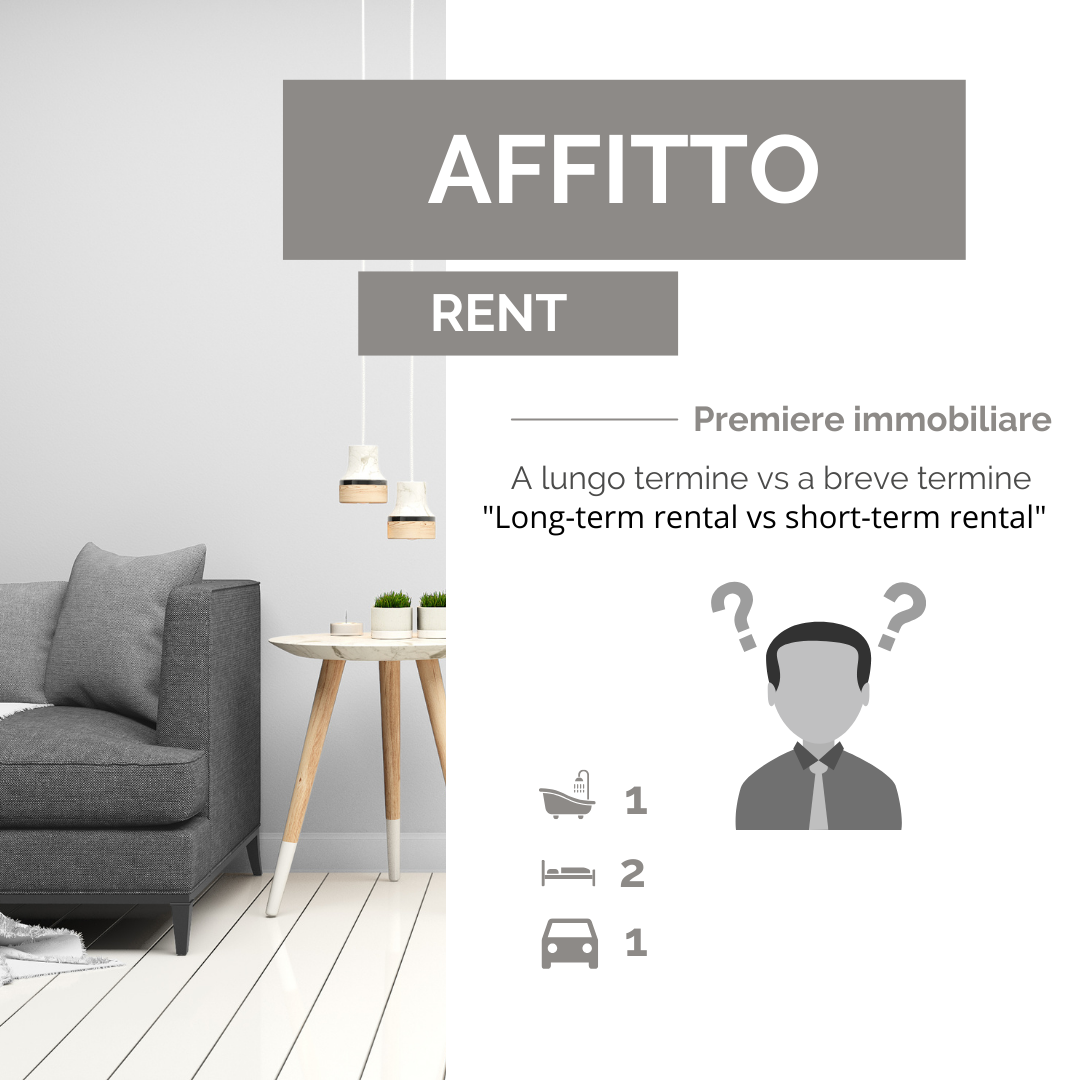
Renting properties is a common practice among both property owners and tenants, offering a flexible and accessible alternative to buying and selling real estate. However, when it comes to renting out a property, there are two main approaches to consider: long-term rentals and short-term rentals. Both types of rentals have their advantages and disadvantages, and the choice between the two depends on various factors, including the owner's goals, the tenant's needs, and the market context.
Long-Term Rentals
Advantages
- Financial Stability: One of the main advantages of long-term rentals is the financial stability they offer. With a lease that generally lasts from one year to several years, owners can rely on a steady stream of income. This makes it easier to plan finances in the long term and cover expenses such as the mortgage, taxes, and maintenance.
- Lower Turnover: Long-term rentals tend to reduce tenant turnover, which means less time and money spent finding new tenants, marketing, and managing transitions. This can also reduce property wear and tear, as frequent tenant moves can cause damage and require more frequent repairs.
- Tenant Relationships: With a long-term lease, owners can build stronger and more cooperative relationships with their tenants. This can lead to more effective communication and greater collaboration in maintaining the property.
Disadvantages
- Less Flexibility: Long-term rentals offer less flexibility for both owners and tenants. If the real estate market changes or the personal circumstances of the owner or tenant change, it can be difficult to adapt quickly to new situations.
- Contractual Constraints: Long-term contracts are often rigid and may include clauses that limit the owner's ability to increase rent or evict the tenant in case of problems. This can create difficulties in the case of problematic tenants or the need for major renovations.
- Limited Returns: In a growing market, property owners might miss the opportunity to raise rents quickly to reflect rising market prices, as long-term contracts usually allow for limited and periodic increases.
Short-Term Rentals
Advantages
- Greater Flexibility: Short-term rentals offer greater flexibility to owners, allowing them to quickly adjust prices based on market demand and seasonal conditions. This can be particularly advantageous in tourist locations or areas with seasonal events.
- Potentially Higher Returns: With higher daily or weekly rates, short-term rentals can generate higher income compared to long-term rentals, especially during periods of high demand. This makes this type of rental attractive to owners who want to maximize their earnings.
- Fewer Contractual Constraints: Short-term contracts tend to be less binding, offering owners the freedom to use the property as they see fit between tenants. This can include personal use of the property or the decision to sell it without having to wait for a long lease to expire.
Disadvantages
- Higher Turnover and Management: Short-term rentals require more intensive management, with frequent tenant changes involving continuous cleaning, maintenance, and marketing. This can increase operational costs and require more time and resources from the owner.
- Revenue Uncertainty: Unlike long-term rentals, income from short-term rentals can be more variable and less predictable. Demand can fluctuate based on the season, the economy, or other external factors, making it difficult to plan finances in the long term.
- Regulations and Taxes: In many cities, short-term rentals are subject to stricter regulations and specific taxes. Some jurisdictions have strict limits on the number of days a property can be rented short-term or require special permits, thus increasing the costs and complexity of management.
Comparison and Considerations
When choosing between long-term and short-term rentals, it is important to consider a range of factors:
- Property Location: Properties in tourist areas or places with frequent seasonal events may benefit more from short-term rentals. Conversely, properties in stable residential areas might be more suited to long-term rentals.
- Financial Goals: Owners seeking a stable and predictable source of income might prefer long-term rentals. On the other hand, those willing to accept greater uncertainty in exchange for potentially higher earnings might opt for short-term rentals.
- Available Time and Resources: Managing short-term rentals requires more time and resources, both for maintenance and communication with tenants. Owners with less time or fewer available resources might find it more convenient to rely on long-term rentals.
- Local Regulations: It is essential to be aware of local regulations regarding short-term rentals, as these can significantly affect the feasibility and profitability of this type of rental.
- Risks and Security: Long-term rentals tend to offer greater security, with verified tenants and solid contracts. Short-term rentals, while potentially more lucrative, can involve greater risks in terms of property damage and tenant issues.
Conclusion
The choice between long-term and short-term rentals depends on a combination of personal, financial, and market factors. Each type of rental has its own advantages and disadvantages, and the final decision should reflect the owner's specific goals and circumstances. With careful planning and a good understanding of market dynamics, both approaches can offer profitable and satisfying opportunities for property owners.






